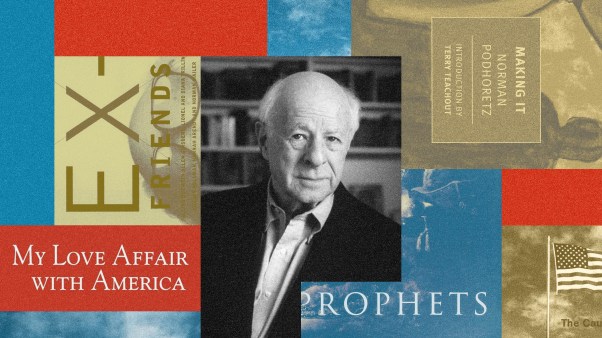Reconciliation across ethnic, personal, and church lines was a major theme at the recent Third Latin American Congress on Evangelization (CLADE III) in Quito, Ecuador. The gathering was probably the most significant and representative Latin evangelical gathering since CLADE II in 1979.
An estimated 150 of the almost-800 delegates from 26 countries were indigenous believers. And since the meeting was held during the five-hundredth anniversary of Columbus’s voyage and the arrival of Christianity in the Americas, various speakers reflected on a sometimes dark past and looked forward to a future of forgiveness and unity.
At the meeting, there was debate over the impact of original missionary efforts on indigenous cultures. But for Olga Galán de Salazar, a Church of God Bible Institute director from Nicaragua, the CLADE III highlight was being “in a workshop where Europeans and Indians gave each other hugs, wept, and accepted their sin on both sides.”
The meeting’s organizers invited delegates who are not usually involved in continent-wide gatherings: women, indigenous peoples, youth, and the poor. Roughly 20 to 25 percent of CLADE III delegates were women, and another 20 percent were Indians, said general coordinator Guillermo Cook.
“This was the widest kind of forum I have seen in Latin America,” said Peruvian theologian Samuel Escobar, who is a professor at Eastern Baptist Theological Seminary in Philadelphia.
The congress was clearly Latin American in style, worship, and participation. Nearly all plenary speakers were Latins. And at least 60 percent of the gathering’s $1 million budget was raised in Latin America, Cook said, compared with CLADE I in Bogotá in 1969, which was largely organized by North American agencies and leaders.
CLADE III exhibited signs that the group is maturing. Pentecostal speakers openly critiqued their fast-growing movement, which embraces an estimated 75 percent of the 40 million Latin evangelicals. They felt that some Latin Pentecostals have overemphasized subjective experience, have shown a disregard for biblical reflection, and have displayed arrogance at times.
Organizers also arranged a first-ever public forum involving the top leaders of the World Council of Churches—related CLAI (Latin American Council of Churches), and CONELA (Confraternity of Evangelical Churches), which is part of World Evangelical Fellowship.
CLAI President Federico Pagura and Executive Secretary Felipe Adolf, along with CONELA President Juan Terranova and Vice-president Alfonso de los Reyes, were each given ten minutes to speak, and each avoided confrontation and espoused Christian unity.
But they all seemed surprised during a question-and-answer session when a delegate asked, “If CLAI and CONELA really believe in Christian unity, why don’t you both disband?”
Terranova and Pagura, both from Argentina, said they would not be opposed to the idea, though Adolf said people should not blame CLAI and CONELA for Protestant divisions, since the two groups merely reflect the disunity in the larger church.
Some observers noted the absence of evangelistic activists and mass evangelists at CLADE III, although evangelist Alberto Mottesi preached at an open-air meeting during the congress. Nonetheless, Argentine writer and church historian Pablo Deiros said CLADE III will affect the Latin American church at the grassroots level. “Many brothers, who aren’t novices and who think for themselves, said, ‘I came to CLADE thinking one way, and I’m leaving CLADE thinking another way.’ ”
By John Maust in Quito.










